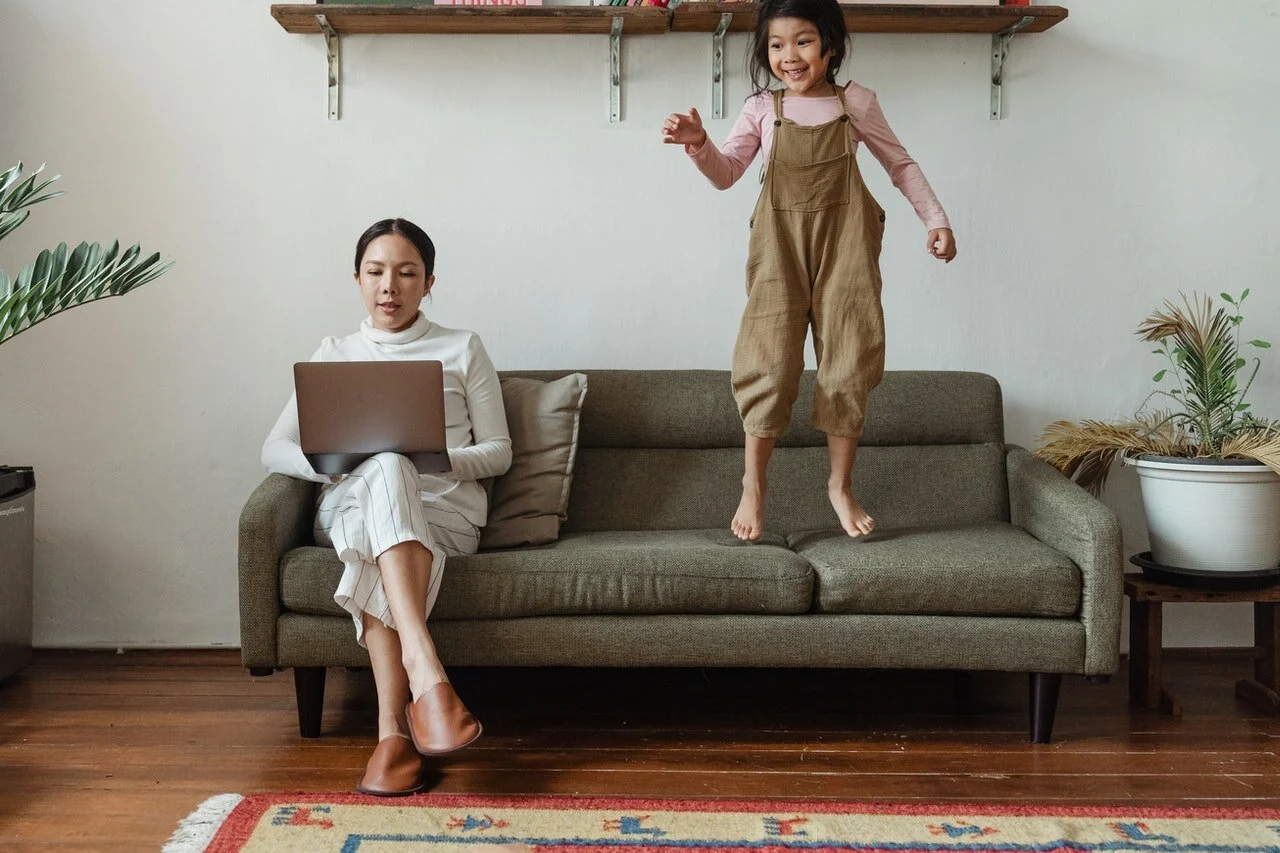Ways to Embrace the Holidays During the Pandemic
by Melody Wright, LMFT
The holiday season is rapidly approaching -- and with the change in seasons, so is the possibility of another wave of COVID-19 cases striking our nation.
When watching the news, it can be easy to get discouraged by the plans we'll have to cancel and the traditions we won't get to experience. But the presence of a global pandemic does not mean the holidays are cancelled.
This year's celebrations might look different, but we can still enjoy the holidays with family and friends in safe, socially distanced ways. Here's how to navigate the holidays, logistically and emotionally, during the COVID-19 pandemic.
Coping with Change
Whatever your usual holiday traditions, there is a very real chance that your plans may need to change in light of the COVID-19 pandemic. These changes can be challenging in terms of planning, but also to cope with emotionally.
Some changes might create conflict between you and your family members. People may disagree about the safety measures that should be taken to protect vulnerable family members from the virus. Additionally, limits on the number of people who can gather for the holidays might mean disappointing relatives who didn't make the guest list.
Your safety, and that of your at-risk loved ones, must take the ultimate priority. With that in mind, you may need to make tough choices about who to spend the holidays with, based on the precautions your friends and family are taking to avoid getting sick. But that does not mean these decisions are easy to make, especially when they mean disappointing loved ones.
If you are feeling anxious, sad, angry, or afraid about the changes you will need to make to your holiday celebrations, it's important to acknowledge your emotions. Whatever you are feeling during this trying time is valid. That being said, that does not mean you should give into old or potentially unhealthy coping strategies to deal with these emotions.
People with mental health conditions like anxiety, depression, or substance use disorder may find they are triggered by the stress of the pandemic. Understanding that this year's holidays might be more challenging than usual means creating a coping plan ahead of time so that you will not give in to any of your default habits, like abusing substances or avoiding your emotions.
Think about the ways you usually cope with stress. Do they make you feel better or worse? Are the consequences positive or negative? Then, add some additional habits you want to incorporate -- such as exercising, crafting, meditating, or journaling -- to build into your routine to help you manage holiday stress. By managing your own stress response, you will also be less vulnerable to anger, which may reduce family conflict around the holidays.
Celebrating Safely
The COVID-19 pandemic does not mean you need to cancel your holiday plans, but it does mean you may need to make changes to adapt your celebrations to the most recent safety guidelines issued by the Centers for Disease Control and Prevention (CDC) and other global, federal, state, and local regulatory agencies.
One of the most challenging regulations to deal with is the limit on the number of attendees that can be present at family gatherings. In California, the current rule is that no more than three households can be present at any private gathering. This means that while you can still see your close family around the holidays, you may not be able to hold parties or large gatherings with extended family.
If you want to see your extended family over the holidays, you might consider bringing your annual celebrations online using a video chat platform like Zoom or Skype. You can even get creative with technology: for example, you could plan a virtual movie night using the Teleparty extension for Google Chrome, which allows you to invite friends and family to a synchronized viewing of your favorite holiday film on Netflix.
Many of us have older relatives or relatives who are immunocompromised and worry about whether our holiday celebrations could negatively impact their health. Online celebrations are also a good option for these family members, who can stay safe at home while still avoiding isolation over the holidays.
However, some elderly family members may not feel comfortable using technology or have access to the kind of technology needed to take part in virtual gatherings. In that case, an old-fashioned phone call or a holiday card sent by snail mail can let your older relative know that you are thinking of them, without putting them at risk of contracting the virus.
Some of us who live far from our families may need to weigh the risks of travel against the benefits of spending the holidays with loved ones. Whenever possible, it is safer to stay home -- but it is understandable that we would not want to feel isolated during such a special time of year. If you do choose to travel over the holidays, make sure you are complying with the latest regulations, such as wearing masks in public areas and social distancing whenever possible.
Navigating the holidays during the COVID-19 pandemic brings new challenges to our winter festivities, but that does not mean we cannot enjoy this time of year with family and friends. Start planning for the holidays now to ensure you can cope effectively and comply with all safety regulations necessary to have a safe and enjoyable celebration.
And, if you find that you need additional support during this stressful time, remember that Life by Design Therapy is always here for you. Schedule a phone consultation with one of our therapists to help you manage the holiday blues no matter what you're celebrating, without leaving the safety of your home.



